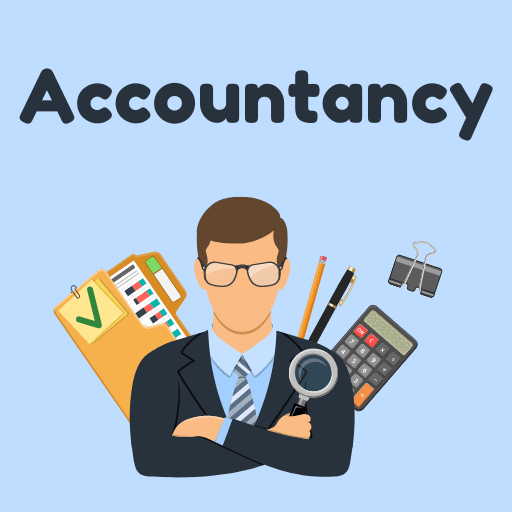Accounting Procedures- Rules of Debit and Credit | Accountancy Class 11 - Commerce PDF Download
Page No 6.16:
Q.1. Following accounts are being maintained in the books of Shri Ashok. Classify them into Personal, Real and Nominal Accounts: (i) Land and Building (vii) Investments (xiv) Ramesh, a debtor (ii) Excise Duty (viii) Salary (xv) Interest Received (iii) Creditors (ix) Debtors (xvi) Bank Overdraft (iv) Capital (x) Bad Debts (xvii) Purchase Returns (v) Motor Vehicles (xi) Depreciation (xviii) Drawings (vi) Goodwill (xii) Wages (xix) Freight (xiii) Repairs (xx) Return Inwards.
Ans.
Page No 6.16:
Q.2. Classify the following into Assets, Liabilities, Capital, Expenses and Revenue:
Ans.
Page No 6.17:
Q.3. Classify the following into Assets, Liabilities, Capital, Revenue, and Expenses:
(i) Plant and Machinery
(ii) Bank Loan
(iii) Sales
(iv) Rent
(v) Discount Received
(vi) Carriage Inwards
(vii) Carriage outwards
(viii) Purchases
(ix) Bills Payable
(x) Wages
(xi) Advance Income
(xii) Accrued Income
(xiii) Goodwill
(xiv)Furniture and Fixtures
(xv) Outstanding Expenses
(xvi) Capital
Ans.
Q.4. On which side will the increase in the following accounts be recorded? Also, state the nature of the account:
(i) Furniture A/c
(ii) Mohan (proprietor)
(iii) Salary A/c
(iv) Purchases A/c
(v) Sales A/c
(vi) Interest Paid A/c
(vii) Sohan (Creditor)
(viii) Ram (Debtor)
Answer.
Q.5. On which side will the decrease in the following accounts be recorded? Also, state the nature of the account:
(i) Cash
(ii) Bank Overdraft
(iii) Outstanding salary paid
(iv) Outstanding Rent
(v) Prepaid Insurance
(vi) Mohan, Proprietor of the business
Ans.
Q.6. From the following transactions, state the nature of account and state which account will be debited and which account credited:
Ans.
Q.7. Analyse the following transactions, state the nature of accounts and state which account will be debited and which account credited: Ans.
Ans.
Q.8. Open a 'T' shape account for machinery and put the following transactions on the proper side: Ans.
Ans. Note: - Machinery Discarded Means – It is sold for cash before it is fully depreciated.
Note: - Machinery Discarded Means – It is sold for cash before it is fully depreciated.
Journal Entry for the Transaction.
Bank A/c Dr.14,000
To Machinery A/c14,000
Page No 6.18:
Q.9. Open a 'T' shape Cash Account with the following transactions:
Ans.
Q.10. Open a 'T' shape account of creditor, 'Rakesh', and write the following transactions on the proper side:
Ans.
Q.11. Open a 'T' shape account of debtor 'Brij' and write the following transactions on the proper side:
Ans.
Page No 6.18:
Q.12. Put the following on the proper side of a Cash Account, a Debtor's Account and a Creditor's Account:

Ans:


Q.13. From the following particulars, prepare the proprietor's Capital Account: 
Balance the same and explain what the closing balance indicates.
Ans.
Q.14. From the following particulars, prepare the proprietor's Capital Account: Ans.
Ans.

|
61 videos|158 docs|35 tests
|
FAQs on Accounting Procedures- Rules of Debit and Credit - Accountancy Class 11 - Commerce
| 1. What are the rules of debit and credit in accounting procedures? |  |
| 2. How do I know when to use debit or credit in accounting? |  |
| 3. Can you provide an example of a debit and credit transaction in accounting? |  |
| 4. What happens if I debit when I should have credited, or vice versa? |  |
| 5. Are there any exceptions or special cases to the rules of debit and credit? |  |
























